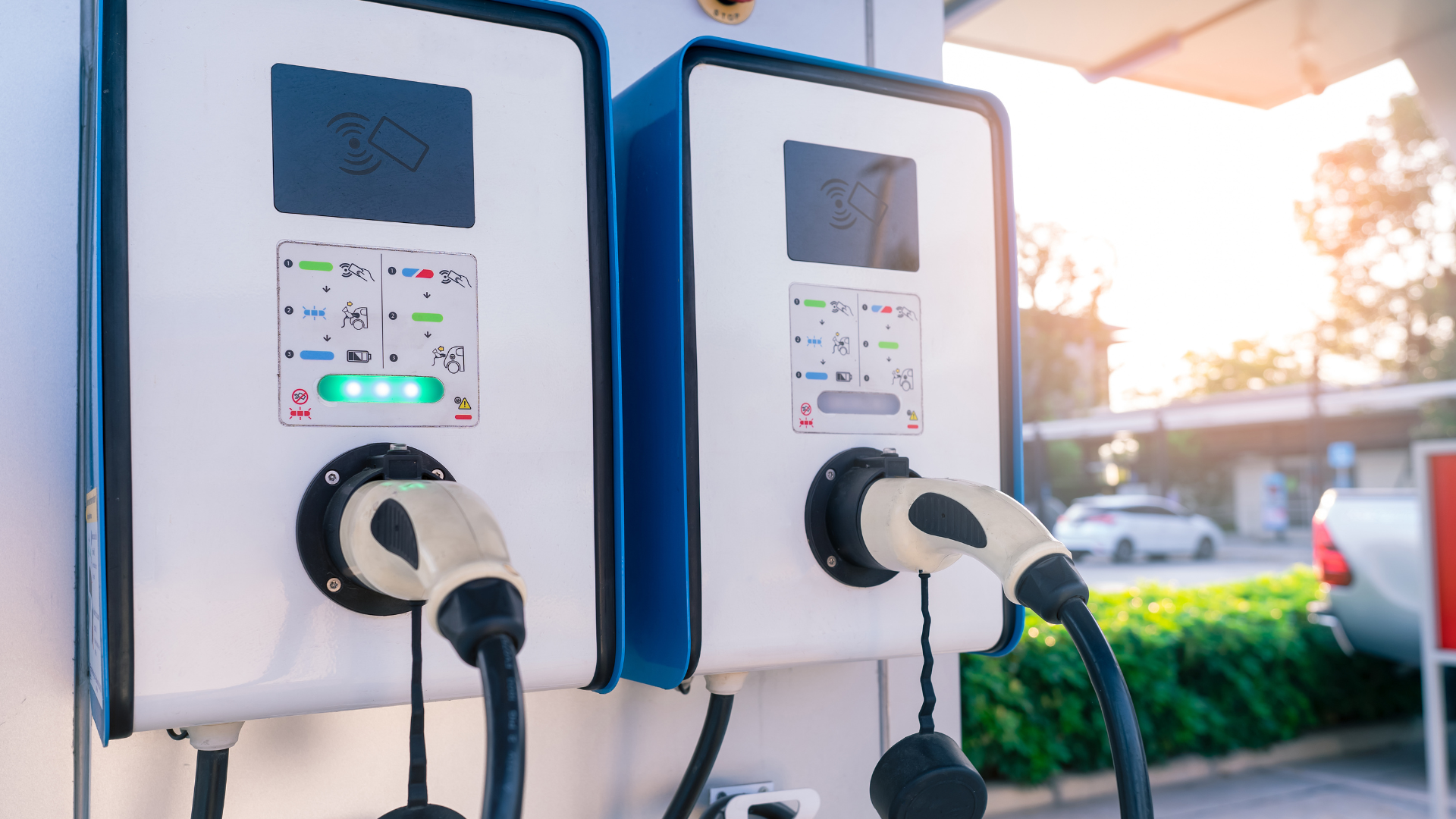As the world embraces sustainable transportation, the rise of electric vehicles (EVs) has been a significant milestone in reducing carbon emissions and combating climate change. One crucial aspect of EV technology is the lithium-ion batteries that power these vehicles. While EV batteries have a finite lifespan, their disposal poses environmental challenges. However, innovative minds are finding ways to repurpose and extend the usefulness of EV car batteries beyond their automotive applications. This article explores the various avenues for repurposing EV car batteries and highlights the potential benefits they offer in energy storage sustainability.
1. Secondary Energy Storage Systems
One of the most promising applications for repurposed EV car batteries is in secondary energy storage systems. After reaching the end of their useful life in vehicles, EV batteries still retain a considerable amount of capacity. By integrating these retired batteries into energy storage systems, they can help stabilize the electrical grid, provide backup power during outages, and even facilitate the adoption of renewable energy sources.
2. Stationary Energy Storage
Stationary energy storage systems have gained significant attention due to their ability to store excess renewable energy generate from sources like wind an solar. Repurposed EV car batteries can be used in these systems, extending their lifespan and creating a more sustainable energy infrastructure. This approach allow for the optimization of power distribution, reducing strain on the grid during peak demand periods and promoting a more efficient use of renewable energy resources.
3. Home Energy Storage Solutions
The rapid growth of residential solar installations has created a demand for efficient home energy storage solutions. Repurposed EV batteries offer an attractive option for homeowners seeking to store excess solar energy for nighttime usage or during power outages. These repurposed batteries can be connected to solar panels, allowing households to become more self-sufficient and reduce reliance on the electrical grid.
4. Grid Integration
Grid integration involves using repurposed EC car batteries to balance the demand and supply of electricity, ensuring stability and reliability. By connecting multiple repurposed EV batteries to the grid, power fluctuations can be mitigated, leading to enhanced improved voltage regulation. This integration not only benefits the electrical grid but also provides a second life to EV batteries while minimizing their environmental impact.
5. Energy Storage for Commercial and Industrial Sectors
The commercial and industrial sectors can also benefit from repurposed EV car batteries. Large-scale energy storage systems utilizing retired EV batteries can help manage peak demand and provide backup power to critical facilities. This integration reduces the strain on the electrical grid during periods of high usage and minimizes the risk of power interruptions, thus increasing the overall reliability of energy supply.
As the demand for electrical vehicles continues to rise, the issue of EV battery disposal and recycling becomes more critical. However, Repurposing EV car batteries offers a sustainable solution to extend their lifespan and contribute to a greener energy ecosystem. By integrating retired EV batteries into secondary energy storage systems, stationary energy storage, home energy solutions, grid integration, and commercial/industrial sectors, we can optimize energy use, enhance grid stability, and reduce our carbon footprint. These innovative applications demonstrate the potential of repurposed EV batteries to play a crucial role in a sustainable and resilient energy future.





